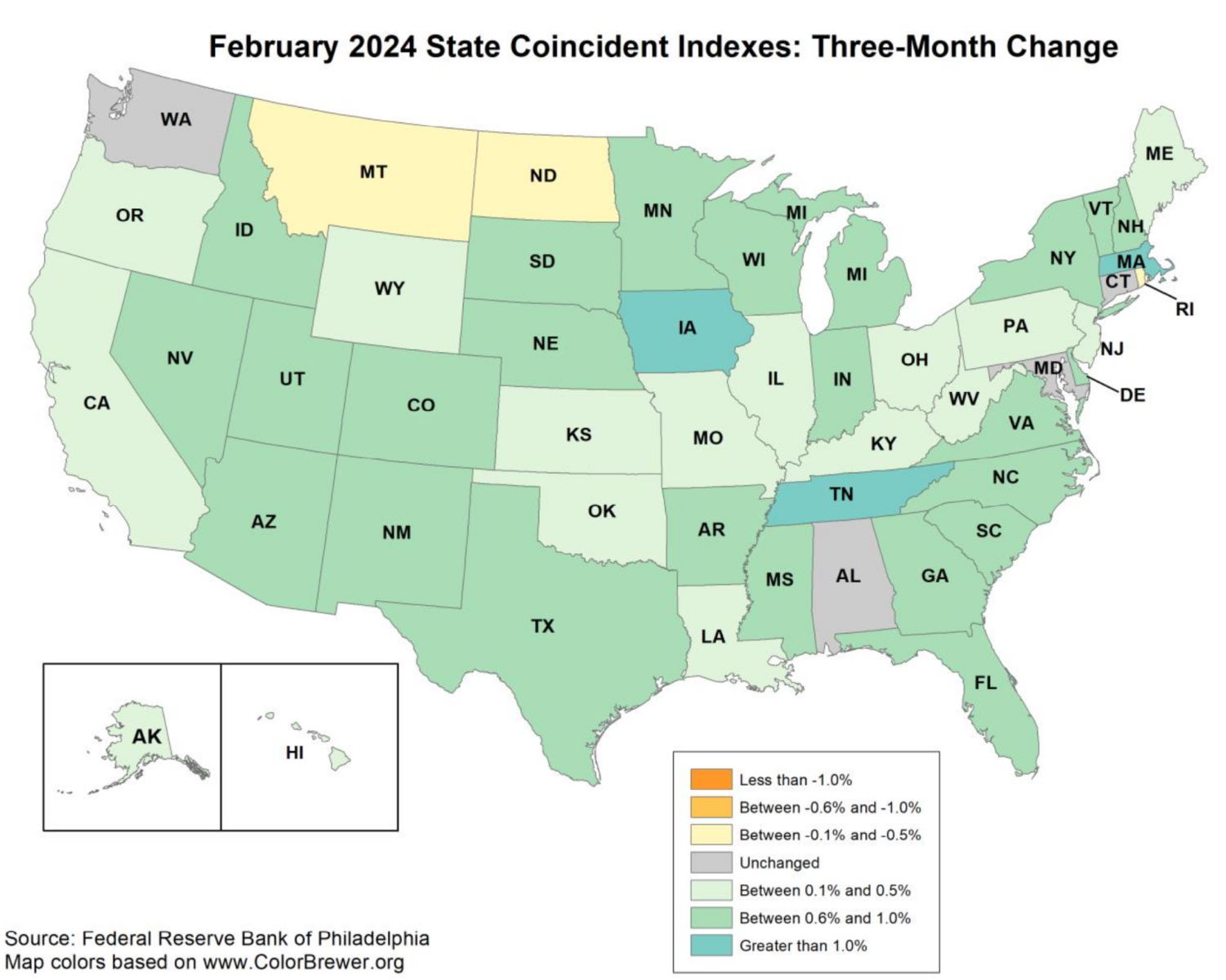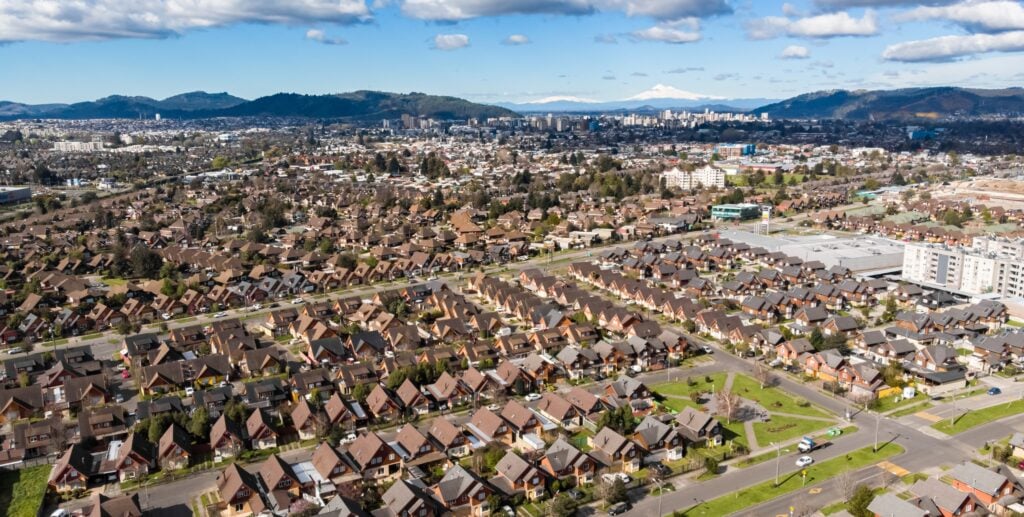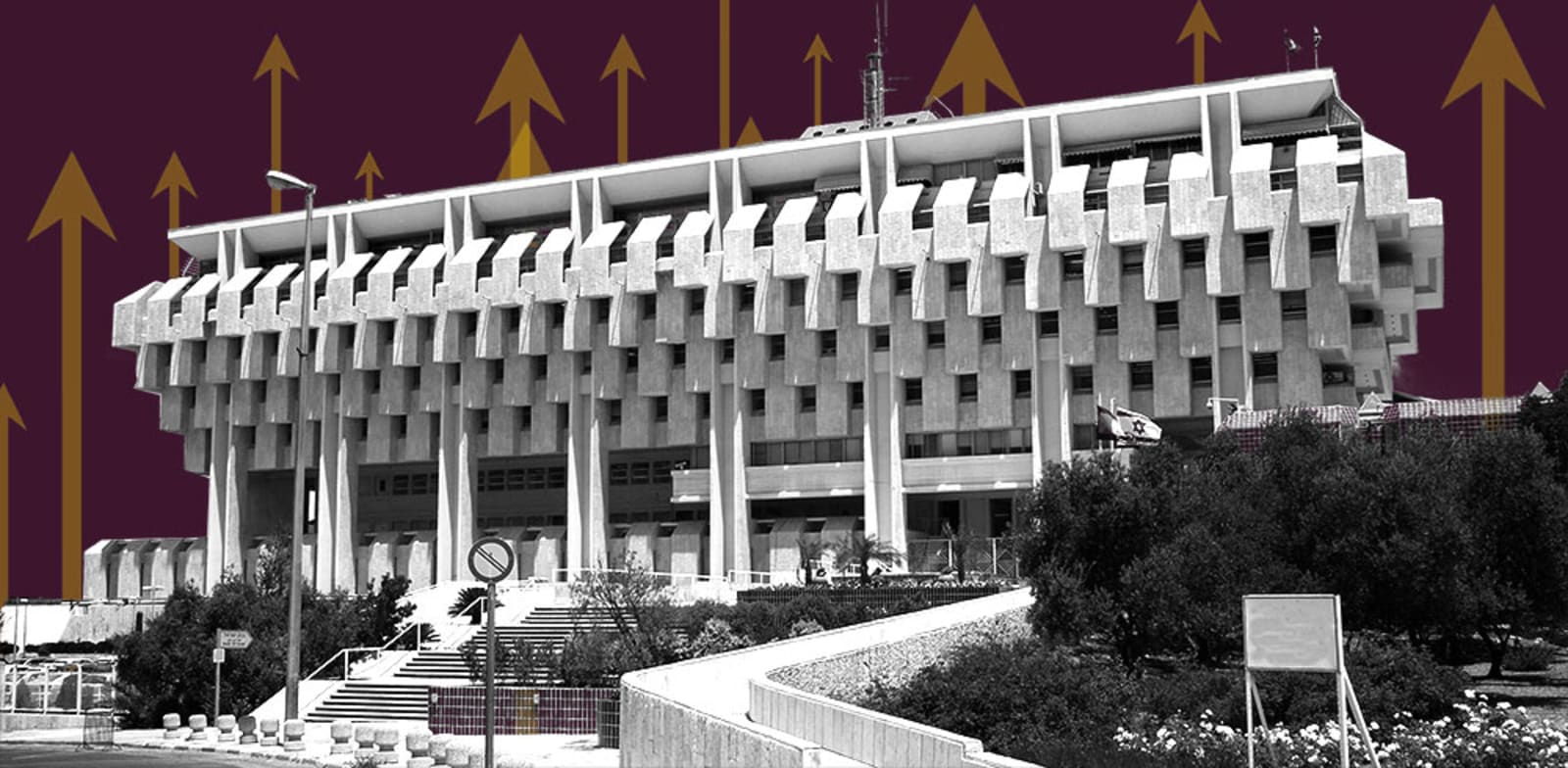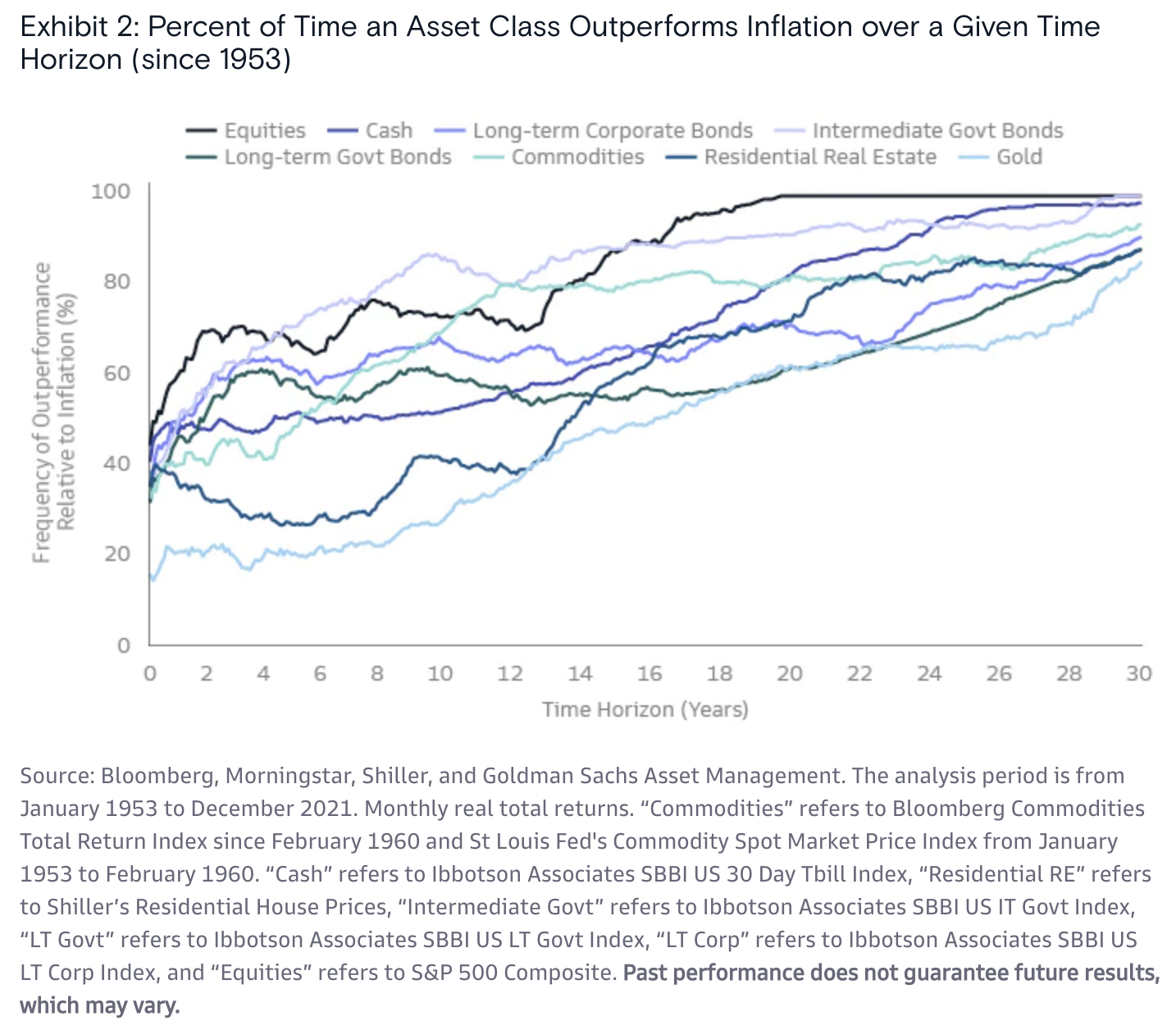The first few months of Javier Milei’s administration have already had major consequences in Argentina as the country has started to move away from years of leftist, failed economic policies. This is of course relevant to Argentines, who were the ones who actually suffered because of their country’s dismal economic situation. But the interest that Milei has awakened throughout the world means that his government could have a major impact in Latin America and perhaps other regions as well.
In that context, the opportunities that the Milei administration opens for the rest of the world were the main themes that I addressed recently in a panel on Argentina at Atlas Network’s Liberty Forum in San José, Costa Rica. The main problem is that Milei sometimes seems ‘many-faced.’ He likes to be compared to people like Donald Trump, Santiago Abascal and other right-wing nationalist leaders, but he also presents himself as an ‘anarcho-capitalist’ who is determined to destroy Argentina’s corporatist, state-based economic system and replace it with free markets.
Indeed, Milei’s administration is probably to be found somewhere along a continuum between liberalism and conservatism. He is neither the angel that his supporters claim he is nor the demon that his critics bemoan. His own government seems sui generis: In his first hundred days, there has been radical change in some aspects (such as achieving a balanced budget in just one month or deregulating several markets via decree), moderate change in others (such as gradually reducing energy subsidies), and still no change in others (particularly in terms of taxes and privatization).
But despite the way Milei governs, the message that is coming from Argentina is clearly liberal: In Latin America and other parts of the world, the president has become a symbol that is much more important that his own government. Argentines abroad constantly get asked about him in almost any context. (This also happened to me on my way to the Liberty Forum venue, by the way, as my Costa Rican Uber driver expressed to me his hope that Milei will succeed.) People outside Argentina clearly associate Milei with a series of liberal principles: that only capitalism can bring about progress, that neither a household nor government should spend more money than they have, that socialism hurts people.
Milei knows that governing is harder than talking, which is probably why his public appearances have been limited since he took office. But Milei also knows that his government has a meaning beyond his own country, and it is in light of this that we must understand the message that he repeats before any audience that will listen to him. The message to al is the same: That progress and justice can only be achieved through freedom.
Time after time, Milei repeats to whomever will listen that government intervention does not just destroy incentives for the creation of wealth, but also that the state itself is a criminal organization. Of course, denouncing a mafia and then being elected to lead it is probably an uncomfortable position to be in, but the message is explicit: The state is the problem. And there are no other leaders in the Western world who say this clearly today. The times when Reagan and Thatcher praised individual effort and vigorously called out socialism seem buried in the past. Meanwhile, nationalists and collectivists of all sorts gain ground throughout the world.
So despite the fact that Milei sometimes surrounds himself with people who despise liberalism, his message is not that of a ‘right-wing extremist.’ There is no racism nor any calls for protectionism in his speeches, nor other illiberal elements in general. And his ideas also reflect his way of governing, as Milei has not turned authoritarian as his critics predicted. If liberals can complain about something, it is that he is too moderate, but never too extreme.
Milei’s message certainly means very little to the millions of Argentines who suffer inflation, poverty, and more generally the hopelessness of being adrift until so recently. But if the president succeeds in bringing his country back from the abyss, it will not be just locals who will benefit, but also people throughout the world who will be able to point to a clear beacon of liberty. In any case, Milei’s success or failure will undoubtedly cross Argentina’s borders. His liberal message is already doing it.
Marcos Falcone is the Project Manager of Fundación Libertad and a regular contributor to Forbes Argentina. His writing has also appeared in The Washington Post, National Review, and Reason, among others. He is based in Buenos Aires, Argentina.
















